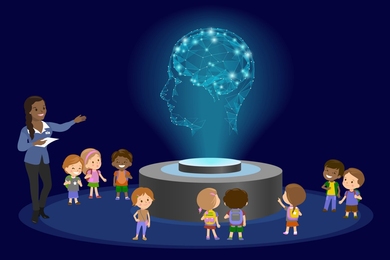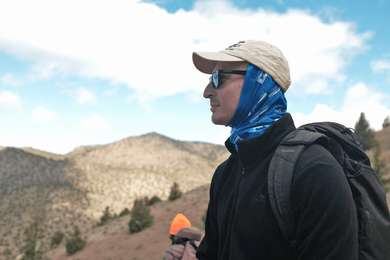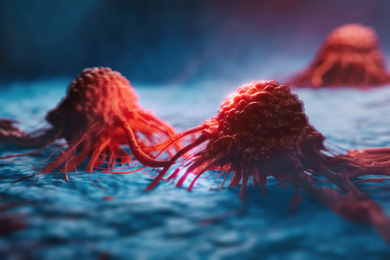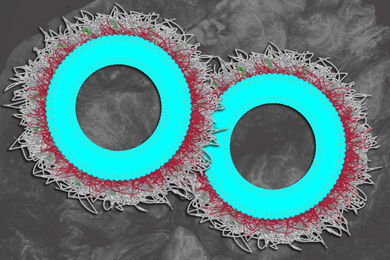Ananth Chikkatur woke at 6 a.m. Oct. 9 as roommates banged on his door with the news that Wolfgang Ketterle, Chikkatur's advisor, had won the Nobel Prize in physics.
He didn't believe it.
"Apparently, I cursed at them for playing such a cruel joke on me and went back to sleep (I don't remember any of this)," e-mailed the graduate student from Queens, N.Y. When he got up unaided around 8:30 a.m., however, he turned on National Public Radio and caught a story on Bose-Einstein condensation. "They mentioned the Nobel Prize and that was when it hit me that I'd better get to the lab quickly!"
Past and current members of Ketterle's team, including two who wrote from Europe, shared other stories about their reactions to last week's prize, as well as a tale or two about the new laureate himself.
Marc-Oliver Mewes received his doctorate under Ketterle in 1997. "I knew that the Nobel Prizes would be announced sometime in October, but I did not expect anything since Nobel Prizes for the related field of laser cooling were awarded very recently (1997)," Mewes wrote from Paris, where he is a strategy consultant working with large global companies.
"I was in a meeting when the announcement was made and a friend from Boston called me to congratulate. At that time I did not know for what. When he told me, I was so blown away that I couldn't even explain to my colleagues what had happened. And actually when I did, they did not believe me anyway.
"I then called my old lab phone number at MIT and got Wolfgang on the phone almost immediately. He was so nice ... like always, but certainly much more excited than usual! I then spent the rest of the afternoon on the phone with my old lab mates, Mike Andrews, Ken Davis and Klaasjan van Druten.
Van Druten was a postdoc in Ketterle's group when Bose-Einstein condensation (BEC) was first observed at MIT. "I sent Wolfgang a very brief e-mail to congratulate him, expecting that he would be way too busy with the press to have time to contact me," he wrote from The Netherlands, where he is an assistant professor at Delft University of Technology.
"I was greatly surprised when I found that he had taken the opportunity to contact me the very same day. We then had a brief conversation over the phone in which, to my surprise, Wolfgang started to thank me for my efforts, whereas I really felt (and feel) that I should be thanking him for all the wonderful opportunities and the excellent leadership he has given our whole BEC team. He really is a very special person."
Ketterle's students and colleagues were also asked how his Nobel Prize might affect their own careers.
"I am sure it will give us all a boost in terms of name recognition for our future employers," said Chikkatur. "But the Nobel is given to Wolfgang for his dedication during the early years when he and his group persevered during the bad times to get to BEC.
"Almost all of us in his group now have been here after the early studies for which the Nobel was given. So we are the next generation of BEC makers and tinkerers. We have reaped the benefits of the early work and continue to push the boundaries," Chikkatur said.
Edem Tsikata, a senior in physics from Accra, Ghana, wrote, "I think working under Prof. Ketterle will have more of an impact on my career than the actual prize. He sets a standard for leadership and diligence and would have served as a model for emulation in any case."
Mewes doesn't think the new Nobel will have a great effect on his own career, "but I am terribly excited nevertheless--and my colleagues suddenly think physics is quite interesting."
A version of this article appeared in MIT Tech Talk on October 17, 2001.






